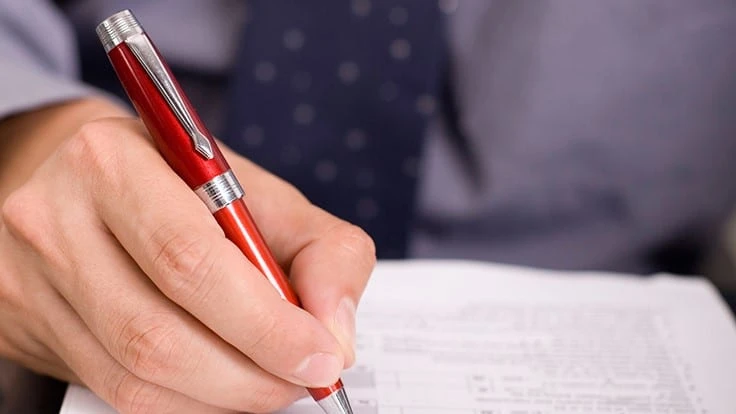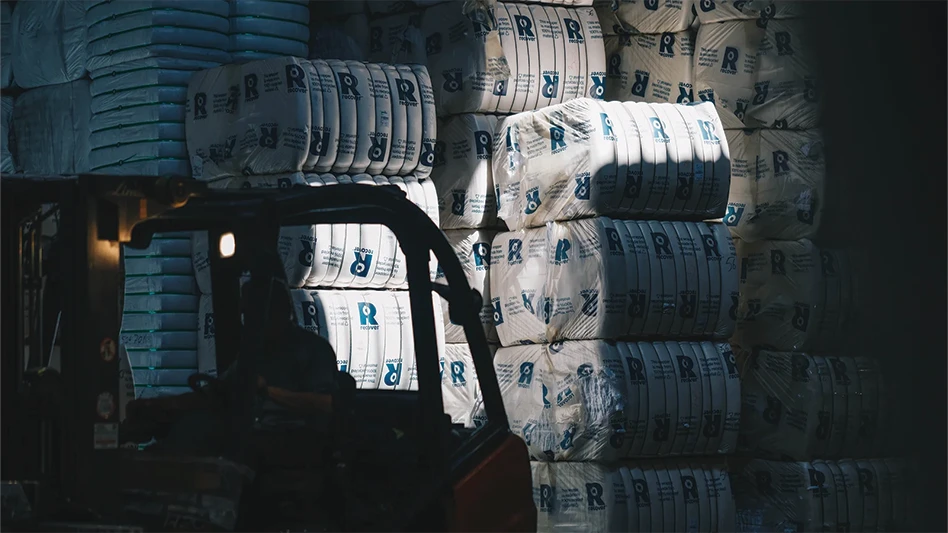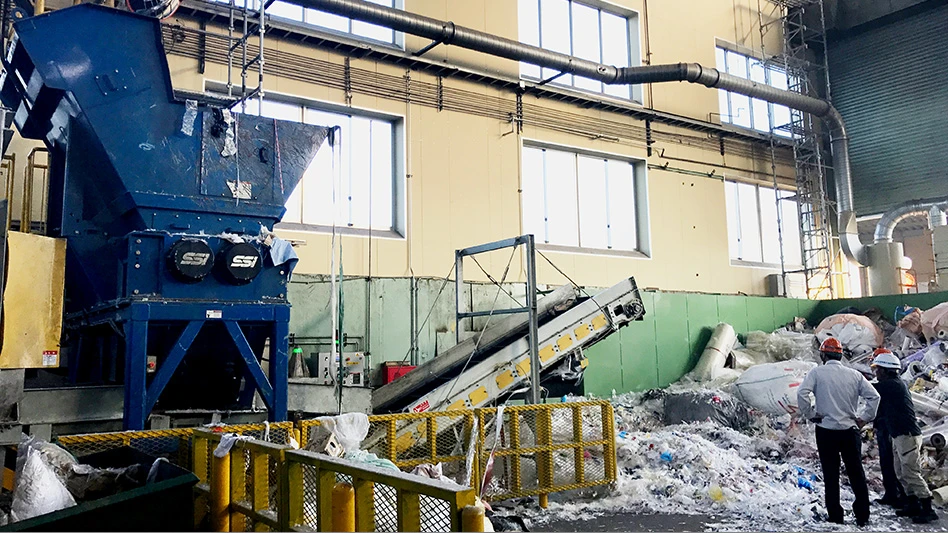
California Gov. Gavin Newsom signed a package of legislation Oct. 5 designed to raise consumer awareness and industry accountability pertaining to recycling. Additionally, Newsom signed bills designed to protect Californians and the environment from harmful chemicals.
Among the measures signed is SB 343, introduced by Sen. Ben Allen of Santa Monica, which requires products to meet certain benchmarks in order to be advertised or labeled as recyclable. This legislation will help consumers to clearly identify which products are recyclable in California.
“California’s hallmark is solving problems through innovation, and we’re harnessing that spirit to reduce the waste filling our landfills and generating harmful pollutants driving the climate crisis,” Newsom says. “With today’s action and bold investments to transform our recycling systems, the state continues to lead the way to a more sustainable and resilient future for the planet and all our communities.”
In September, Newsom announced that the California Comeback Plan’s $15 billion climate package—the largest such investment in state history—includes $270 million to support a circular economy that advances sustainability and helps eliminate short-lived climate pollutants from the waste sector. To raise demand for recyclables and attract green industry to California, the package includes funding to support the work of CalRecycle’s new Office of Innovation in Recycling and Remanufacturing. Additional funds will support organic waste infrastructure, food recovery efforts and composting, and remanufacturing and recycling infrastructure. These funds include investments in disadvantaged communities.
Newsom also signed AB 881 into law Oct. 5. The bill, introduced by Assembly Member Lorena Gonzalez of San Diego, discourages practices resulting in exported plastic that becomes waste and ensures that only exports of truly recycled plastics count toward state waste reduction and recycling metrics. SB 619, introduced by Sen. John Laird of Santa Cruz, provides local governments additional paths to meet the climate goals of California’s Short-Lived Climate Pollutant law; AB 1311, introduced by Assembly Member Jim Wood of Santa Rosa, allows more flexible operations for beverage container recycling centers to reduce overhead and increase redemption access statewide; and AB 1201, introduced by Assembly Member Phil Ting of San Francisco, strengthens labeling requirements to ensure products labeled “compostable” are actually compostable and to keep harmful chemicals out of California’s compost stream.
To further reduce exposure and increase awareness surrounding perfluoroalkyl and polyfluoroalkyl substances (PFAS), Newsom signed AB 1200, introduced by Assembly Member Ting, which prohibits disposable food packaging from containing intentionally added PFASs and requires cookware manufacturers to disclose the presence of hazardous chemicals such as PFAS on product labels and online. AB 652, introduced by Assembly Member Laura Friedman of Glendale, bans the use of toxic PFAS in products for children, such as car seats and cribs, beginning July 1, 2023. Earlier this year, the state required manufacturers of carpets and rugs to consider less toxic alternatives to PFAS, which poses a particular exposure risk to children when used in carpets and rugs.
A list of the bills signed by Newsome, including the full text, is available online.
Latest from Recycling Today
- Biden officially blocks Nippon Steel’s acquisition of US Steel
- Highland Sanitation awarded solid waste and recycling contract in Wanamingo, Minnesota
- Ecobat gathers support for California permit renewal
- RecyclX platform designed to provide materials transparency
- Turkish mills sampled wide scrap market in 2024
- GLE Scrap Metal acquires interest in Mallin Cos.
- 2024 marks strong year for Van Dyk
- Recycled metal portrayed as former dictator’s fiefdom





